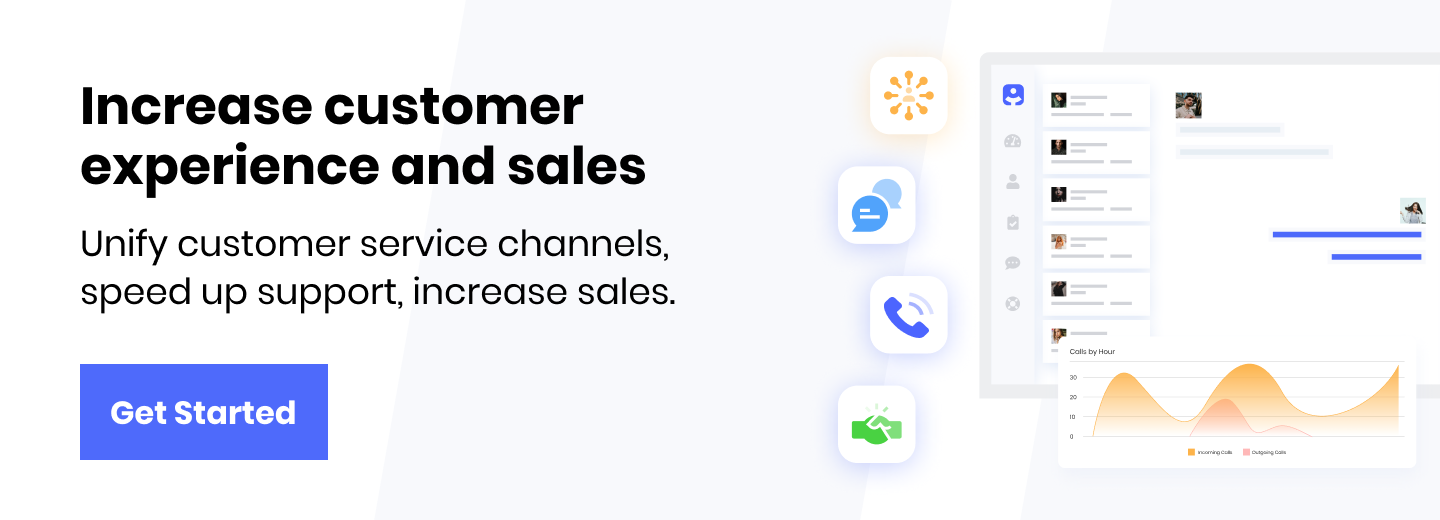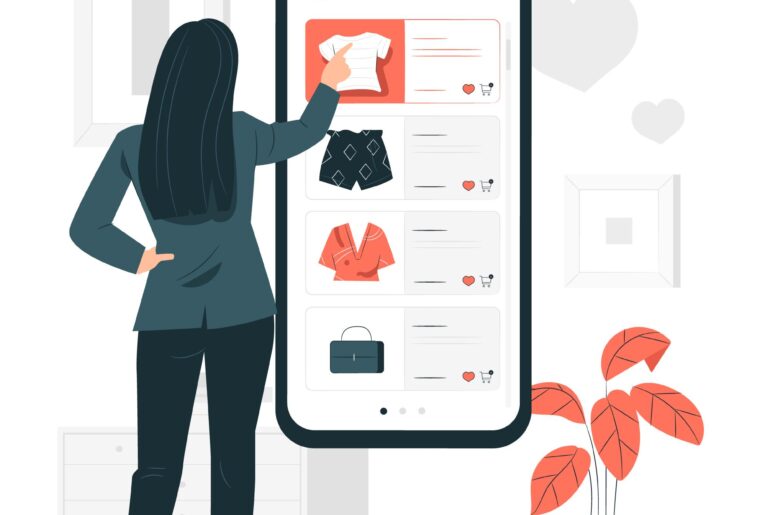A customer might visit a business’ website for product-oriented, sales-oriented, or exploration purposes. Therefore, sales and marketing teams should categorize the customers to use company resources more efficiently. So, how should the categorization process be? This blog post will explain MQL, PQL, and SQL, which are used in categorizing customers, and their benefits for sales operations.
About Classifying Customers
Potential customers interact with brands before their purchase process in many ways through multiple channels. A customer interacting with the brand for the first time is in a different position than those who have already read numerous blog posts and interacted with social media posts.
Sales and marketing teams can analyze this difference clearly, and use a scoring system to measure the potential of potential customers to become regular customers. Customers are assigned specific values according to the scores created with the help of marketing automation software. This way, customers will be categorized based on their interaction history with the brand and shopping intentions.
What Are MQL, PQL, and SQL?

You can categorize your customer candidates as MQL, PQL, and SQL to understand the difference between candidates and potential customers. Here we can investigate these concepts in more detail:
MQL (Marketing Qualified Lead)
Marketing qualified lead (MQL) are the leads that the marketing team considers more likely to become customers than others. If these qualified candidates interact meaningfully with marketing content or the company’s marketing channels, categorizing them as MQL depends on the marketing department. A potential customer can be considered an MQL, for instance, if they initiate a chat with questions about products on the brand’s website, interacts with one of the brand’s marketing channels, and downloads trial software.
PQL (Product Qualified Lead)
Product qualified lead (PQL) consists of potential customers who pay for a product, use it, and prove that they might be serious buyers. In other words, we can define PQL as the customers who benefited from the company products or services through a free trial or freemium product experience. As a result, a PQL is more likely to be convinced for sales than an MQL and has a shorter conversion time to a loyal customer.
SQL (Sales Qualified Lead)

Sales qualified lead (SQL) refers to customers who show interest in the product by going beyond just consuming marketing content and free offers. These candidates have the sufficient budget and ability to purchase a brand’s products or services. This way, customers can imply that they are interested in your product and services and are ready to take part in sales. Usually, these customers are researched and reviewed by the marketing department and then passed on to your sales team as leads.
Benefits of MQL, PQL, and SQL for Efficient Sales
This system that categorizes the customers ensures harmony between companies’ sales, marketing, and product teams. This way, it helps teams reach the potential customers with the right moves more easily and quickly. Besides finding the potential customers, categories allow you to increase your sales rate on your products or services with the right moves toward the customers.
In addition, MQL, SQL, and PQL facilitate working together for teams by allowing switches between them. For example, a PQL can become a SQL over time. That system is beneficial for gaining potential customers through the right moves. However, none of the customers are sure buyers. According to the research, 50% of the potential customers are qualified yet not ready to purchase. Here, MQL, PQL, and SQL help you increase this rate. Thus, you can save time and energy by focusing on the right customers through the resources of sales and marketing teams. That’s how you can enhance the development of your company.
The Address of Reaching Potential Customers Easily: Infoset
Companies serve customers on many channels. However, controlling customers from numerous channels gets more complicated as the brand grows. Infoset prevents you waste your time by switching between apps while helping you focus on customer success. In addition, you can manage anything you need from a single point. Start using Infoset today to benefit from the integrated call center, ticketing system, live chat, email, and many more!






